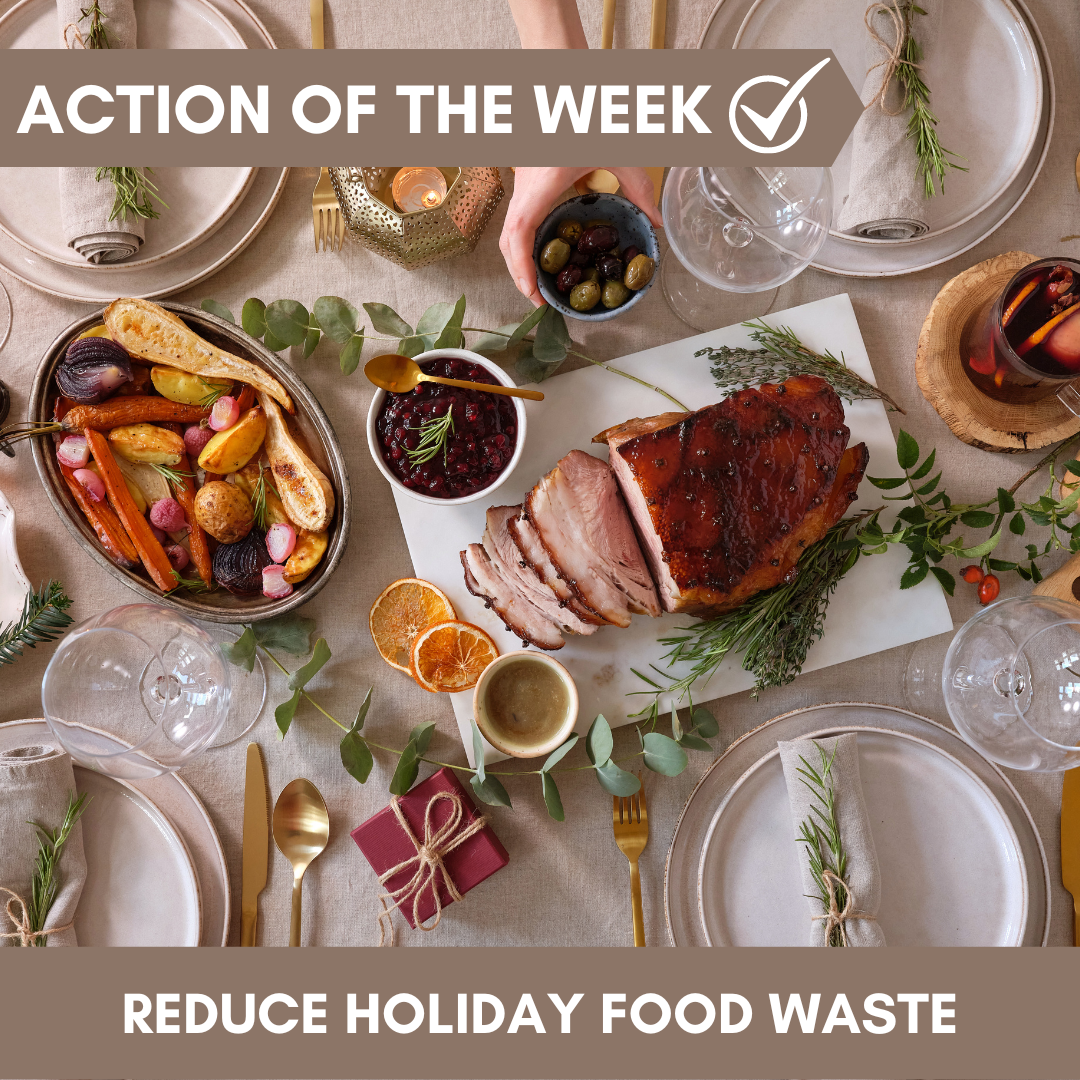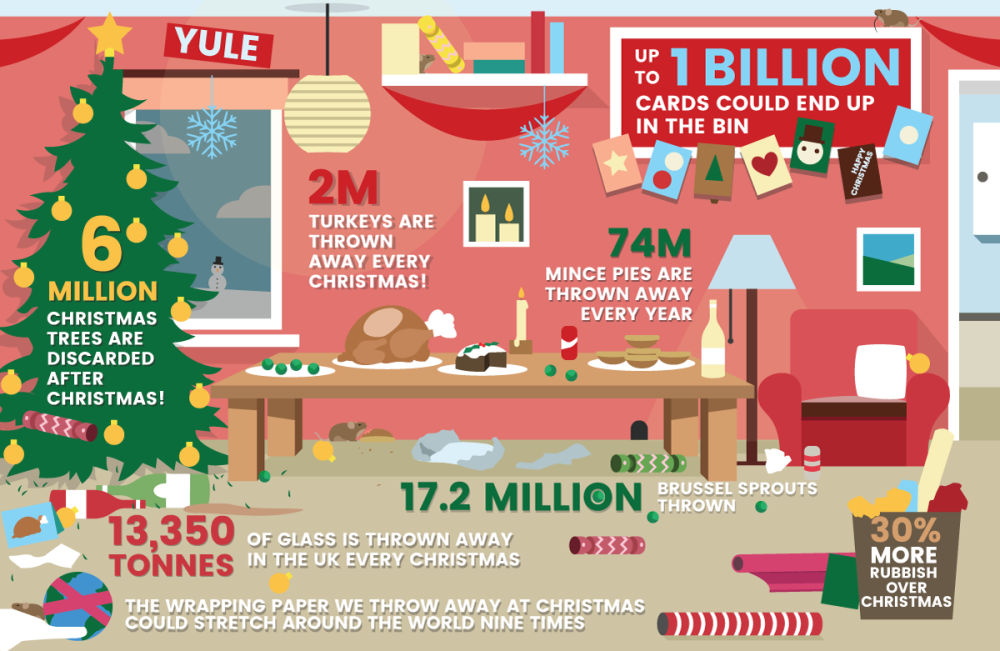Christmas Food Waste: A Predictable Predicament in 2024
Related Articles: Christmas Food Waste: A Predictable Predicament in 2024
- Christmas Food Recipes UK 2024
- Christmas Food Sign-Up Sheet 2024
- Christmas Food Trivia 2024: A Festive Feast Of Fun Facts
- The Ultimate Guide To Christmas Food Vans 2024: Festive Delights On Wheels
- Christmas Food Traditions For 2024: A Culinary Journey Around The World
Introduction
With enthusiasm, let’s navigate through the intriguing topic related to Christmas Food Waste: A Predictable Predicament in 2024. Let’s weave interesting information and offer fresh perspectives to the readers.
Table of Content
Video about Christmas Food Waste: A Predictable Predicament in 2024
Christmas Food Waste: A Predictable Predicament in 2024

Christmas, a time of joy, celebration, and excessive consumption, is also a time of significant food waste. According to WRAP (Waste & Resources Action Programme), UK households waste around 270,000 tonnes of food over the festive period. This equates to around £700 million worth of food going to waste.
The problem of Christmas food waste is not a new one. In fact, it has been a persistent issue for many years. However, with the cost of living crisis continuing to bite, it is more important than ever to address this problem.
There are a number of factors that contribute to Christmas food waste. One of the main factors is over-buying. Many people buy more food than they need in the lead up to Christmas, often because they are worried about running out. This can lead to food going to waste because it is not eaten before it goes off.
Another factor that contributes to Christmas food waste is poor planning. Many people do not plan their Christmas meals in advance, which can lead to them buying too much food or cooking too much food. This can also lead to food going to waste.
Finally, the lack of storage space can also contribute to Christmas food waste. Many people do not have enough space to store all of the food that they buy in the lead up to Christmas. This can lead to food going to waste because it is not stored properly.
There are a number of things that can be done to reduce Christmas food waste. One of the most important things is to plan ahead. This means planning your Christmas meals in advance and making a list of the food that you need. It is also important to buy only the food that you need and to store it properly.
Another way to reduce Christmas food waste is to be creative with leftovers. There are many ways to use up leftovers, such as making them into soups, stews, or casseroles. You can also freeze leftovers for later use.
Finally, it is important to remember that food waste is not just a waste of money, it is also a waste of resources. The production of food requires a lot of energy and water, so when we waste food, we are also wasting these resources.
Conclusion
Christmas food waste is a serious problem that has a number of negative consequences. However, there are a number of things that can be done to reduce Christmas food waste. By planning ahead, being creative with leftovers, and remembering the importance of food waste, we can all help to make Christmas a more sustainable time of year.
Here are some additional tips for reducing Christmas food waste:
- Make a shopping list and stick to it.
- Buy only the food that you need.
- Store food properly.
- Use leftovers creatively.
- Compost food scraps.
- Donate food to a local food bank or charity.
By following these tips, we can all help to reduce Christmas food waste and make a difference to the environment.







![Christmas Food Waste [Infographic] Confessions of the Professions](https://cdn.confessionsoftheprofessions.com/media/2019/12/christmas-food.jpg)
Closure
Thus, we hope this article has provided valuable insights into Christmas Food Waste: A Predictable Predicament in 2024. We thank you for taking the time to read this article. See you in our next article!
